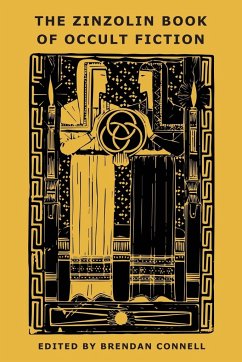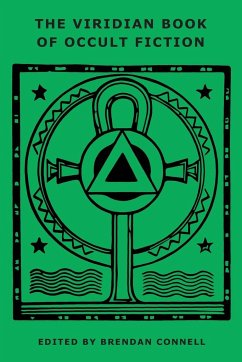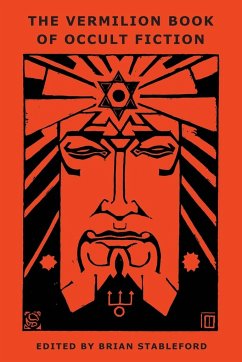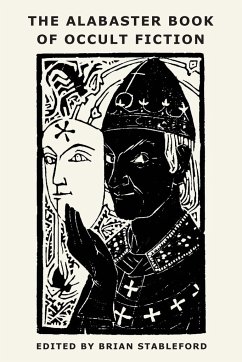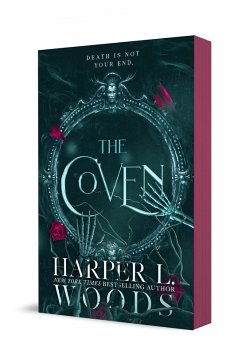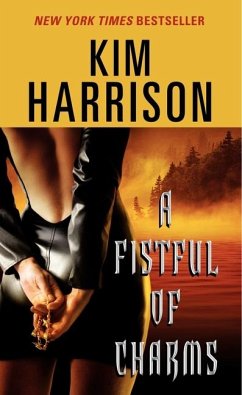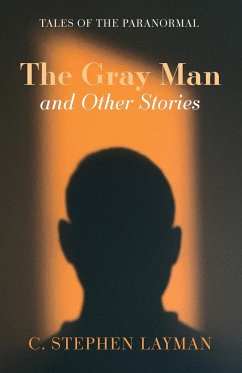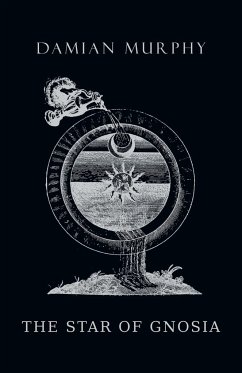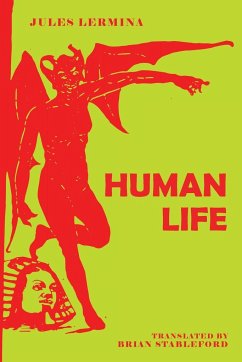
The Zaffre Book of Occult Fiction
Versandkostenfrei!
Versandfertig in 1-2 Wochen
24,99 €
inkl. MwSt.

PAYBACK Punkte
12 °P sammeln!
The Zaffre Book of Occult Fiction, the third volume of the books of occult fiction of many colours, brings together twenty-one tales, dating from 1908-1937, from the occult revival of the British Isles. Including both well-known figures, such as Dion Fortune and Algernon Blackwood, and lesser-known practitioners, such as Ethel Archer and the eccentric Prince Immanuel of Jerusalem, the present instalment is sure to fall within the sphere of beatific approval of not only seekers, adherents and occult enthusiasts, but also Masters and Ascendants. Containing a varied and luxuriant array of stories...
The Zaffre Book of Occult Fiction, the third volume of the books of occult fiction of many colours, brings together twenty-one tales, dating from 1908-1937, from the occult revival of the British Isles. Including both well-known figures, such as Dion Fortune and Algernon Blackwood, and lesser-known practitioners, such as Ethel Archer and the eccentric Prince Immanuel of Jerusalem, the present instalment is sure to fall within the sphere of beatific approval of not only seekers, adherents and occult enthusiasts, but also Masters and Ascendants. Containing a varied and luxuriant array of stories, about visions and hauntings, mystical agencies and seers, The Zaffre Book of Occult Fiction, edited by Brendan Connell, is an indispensable addition to any library of the supernatural and occult.



